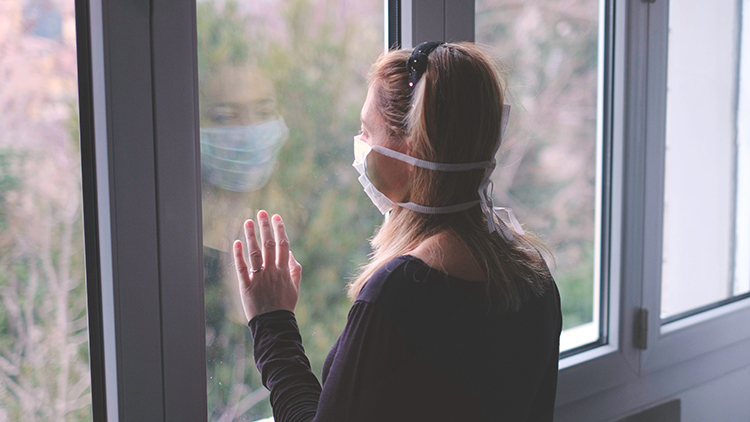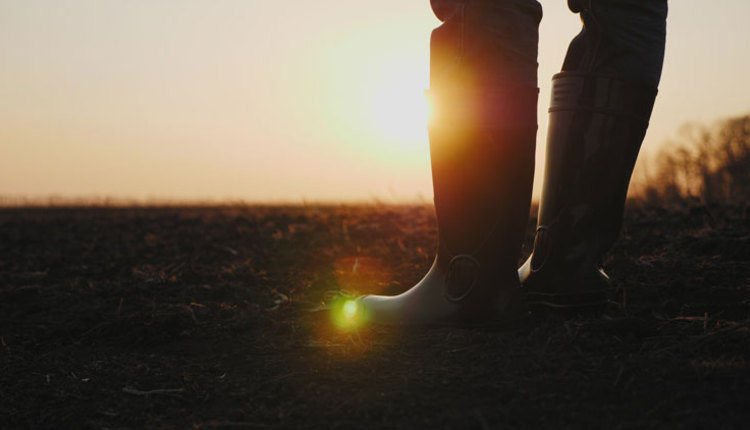
A week ago was the 13th of November.
Friday the 13th.
For many of us, the last Friday the 13th (back in March) was the last normal day we had, and the first day we realized how serious this pandemic really was. For me, it was the day my classmates and I were told that the remaining two weeks of our in-person semester had been shortened, and we were all to leave campus by the following Monday. The remainder of the semester would be virtual.
In some sort of strange parallel, this past week was the last day of in-person instruction at my school, where we have had a successful semester and have largely mitigated the spread of COVID in our community. Following our Thanksgiving break, we will return to entirely a virtual class setting that will persist for the rest of the semester.
Despite this fall format, many of my classes, conferences, and activities have still been virtual. As I attend webinar after webinar and Zoom meeting after Zoom meeting, I’ve noticed that we talk about how glad we are to be able to connect virtually but aren’t always being realistic about how simply clicking “end call” really makes us feel.
Don’t get me wrong, I’m all for optimism, and I’m so grateful to have opportunities to connect virtually with all of my people. But there’s a sense of camaraderie that we’re missing. There’s the feeling when the lecture or exam ends and we all walk out together, and you can tell by the atmosphere and the chattering around you what everyone thought about the experience. Another example is finishing a conference or a big project and going out to eat to digest the events of the day and some great food with your friends.
After work drinks are a thing of the past. Most of the time, I simply leave the call and find myself in the same chair that I do all my work in, in the same apartment where I live and spend most of my time. I miss going places, meeting new people, networking in real life, and shaking someone’s hand. Missing these things is acceptable, and it’s important to understand that while we can still find a virtual replacement, that experience isn’t the same, and it might be harder on our mental health overall.
Sometimes we’re too focused on optimizing the situation and “making the most of it.” I’ve been doing this all semester. The number of times I found myself telling the members of my sorority that we “just need to make the best of the situation” and that “attitude is everything” is too many to count. And while those phrases are true and it is important not to be entirely pessimistic, it led me to neglect my own emotions about the situation.
It’s okay to check in with yourself. Mental health is and always will be incredibly vital to well-being, and it’s okay to not be okay. Let yourself feel the emptiness that happens when the Zoom call ends. Don’t cover it up or distract yourself or mindlessly scroll until it goes away. Sit with your feelings for a minute. Acknowledge them, check in with yourself, and move forward knowing where you’re at and what you can do to take better care of yourself.









